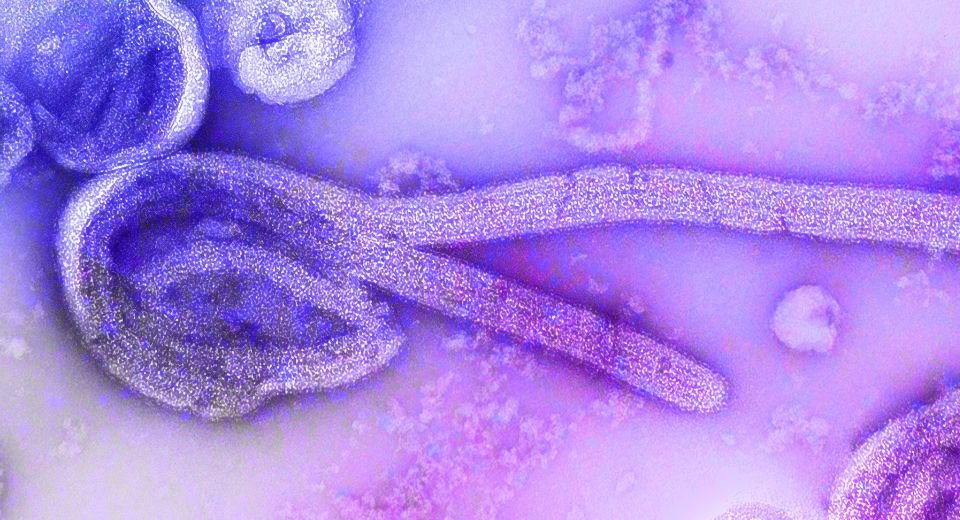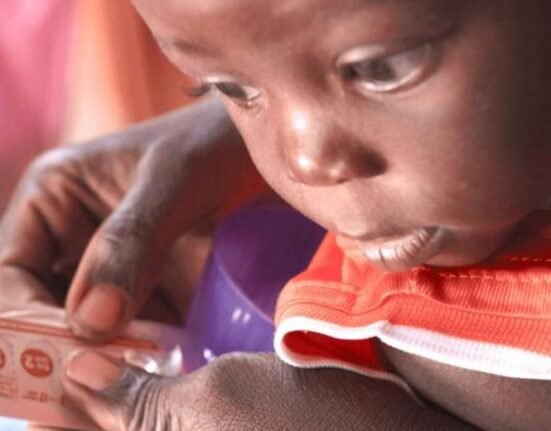November 4, 2022: An Ebola outbreak in Uganda has spread to seven districts, according to the World Health Organisation.
The virus, detected on September 20 this year, has now spread to Kasanda, Kyegegwa, Bunyangabu and Kagadi districts beyond the original epicentre in Mubende district and then to Kampala City and Wakiso.
The government has activated the Incident Management System to control the outbreak.
In support of the government’s efforts, CEPI, the Gavi alliance and WHO have outlined a plan to accelerate research during the outbreak, to ensure access to investigational doses, and to facilitate scaling up and access to any subsequent licensed vaccine.
The CEPI is a partnership between public, private, philanthropic, and civil organizations formed in 2017 to develop vaccines against future epidemics.
Speed-up vaccines
It accelerates the development of vaccines and other biologic countermeasures against epidemic and pandemic threats so they can be accessible to all people in need.
In an Ebola outbreak, vaccination is usually one of the response interventions. There are currently no licensed vaccines (or therapeutics) for Ebola disease caused by the Sudan Ebola virus. However, several candidate vaccines appear to be suitable for evaluation in a clinical trial during this outbreak.
The Ministry of Health has designated the Makerere University Lung Institute to conduct vaccine and therapeutics clinical trials. Makerere University in Kampala is Uganda’s largest and oldest institution of higher learning. It became an independent national university in 1970.
WHO, CEPI and Gavi are providing support to ensure that sufficient doses of candidate vaccines are available for the trial and beyond.
If sufficient doses can be made available, the vaccine trial would aim to establish how effective the candidate vaccines are in diverse populations.
University of Oxford
The vaccine developers and funders who will make the candidate vaccines available include the University of Oxford and the Serum Institute of India, the Sabin Vaccine Institute and the US government institutions Biomedical Advanced Research and Development Authority and National Institutes of Health.
It will also include International AIDS Vaccine Initiative (IAVI) and MSD.
Other organizations committed to supporting the overall response include Africa Centres for Disease Control and Prevention (Africa CDC), UNICEF, non-governmental organizations, donors, regulators, and the African Vaccine Regulatory Forum (AVAREF).
Gavi, the Vaccine Alliance, is a public-private partnership that helps vaccinate half the world’s children against some of the world’s deadliest diseases.








